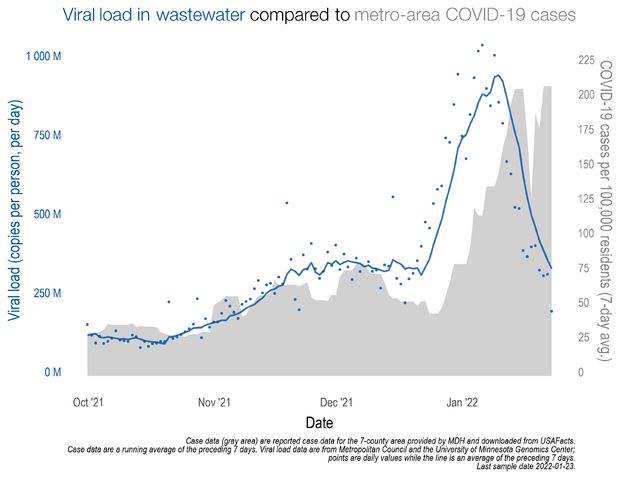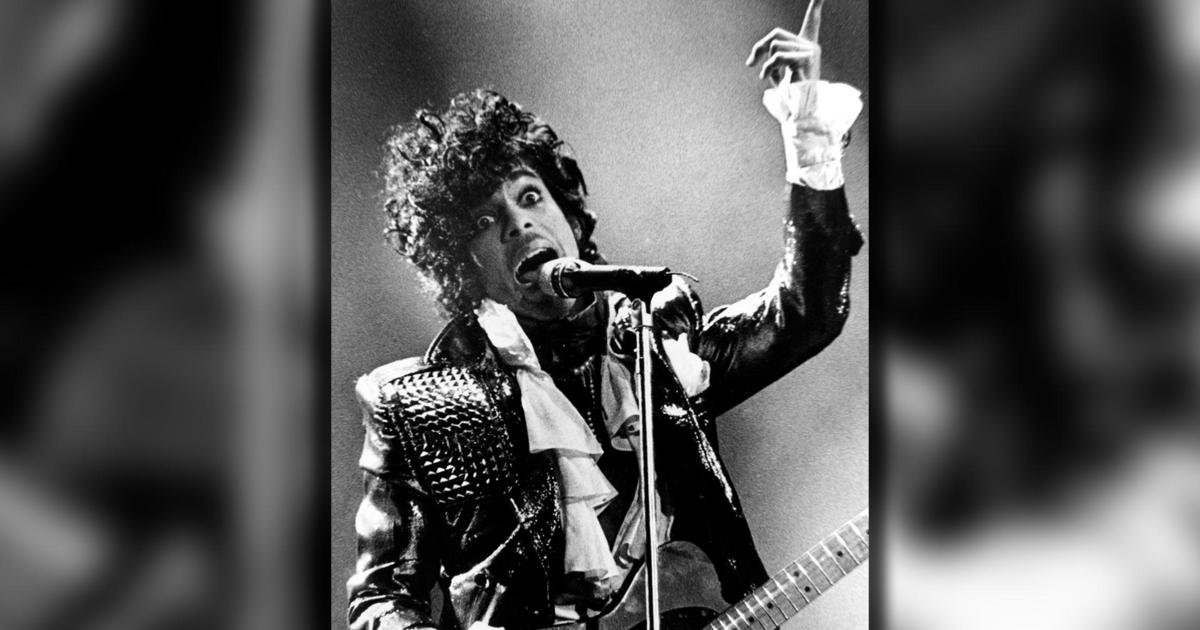More Wastewater Data Shows The Twin Cities Is Past Peak Omicron
MINNEAPOLIS (WCCO) -- More data suggests that the Twin Cities has already hit its peak for COVID-19 infections linked to the Omicron variant.
According to information from the Metropolitan Council's Environmental Services division, the amount of the virus detected in the St. Paul wastewater plant peaked on Jan. 6.
Since then, the amount of SARS-CoV-2 viral RNA in wastewater flowing into the plant has dropped steadily. From the start of the month to this week, the viral load in collected samples in St. Paul has fallen by a factor of five.
Likewise, the statewide forecast from the Mayo Clinic shows that Minnesota is likely reaching its peak for Omicron cases. However, Dr. Curtis Storlie, a Mayo Clinic data scientist, says that the surge is only half over.
"There's going to be thousands of infections and hospitalizations on the way back down, too," he said.
Researchers expect it to take weeks before the surge winds down, meaning that mask and vaccine mandates in cities that have them will likely remain in place through that time frame.
While scientists say the virus will still mutate, some believe that it's unlikely that COVID will become more deadly. Still, they caution that if people don't get booster shots, their immunity will wane, and new variants of COVID could cause significant disruptions if enough people aren't boosted.




